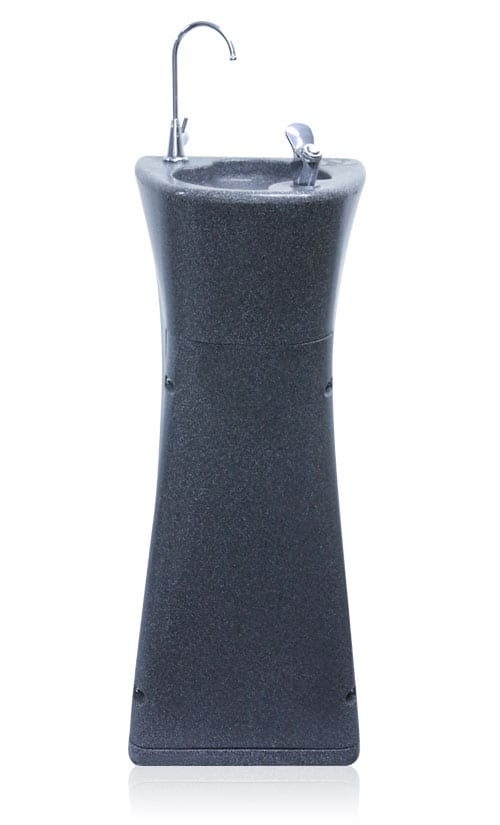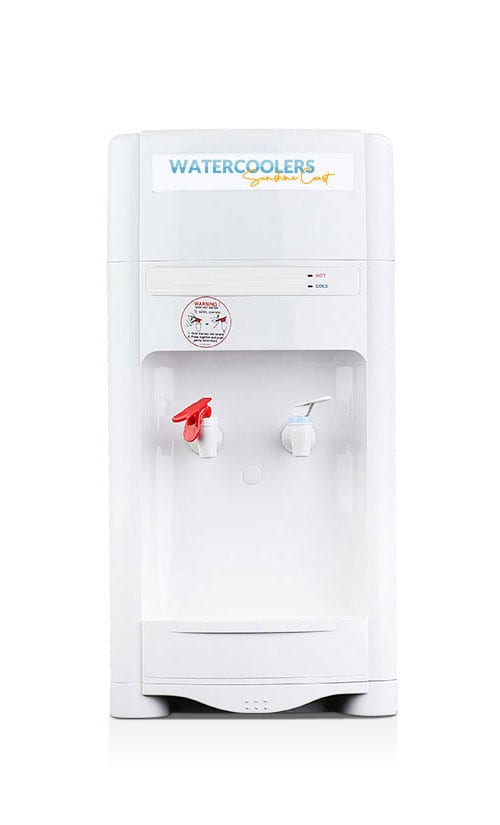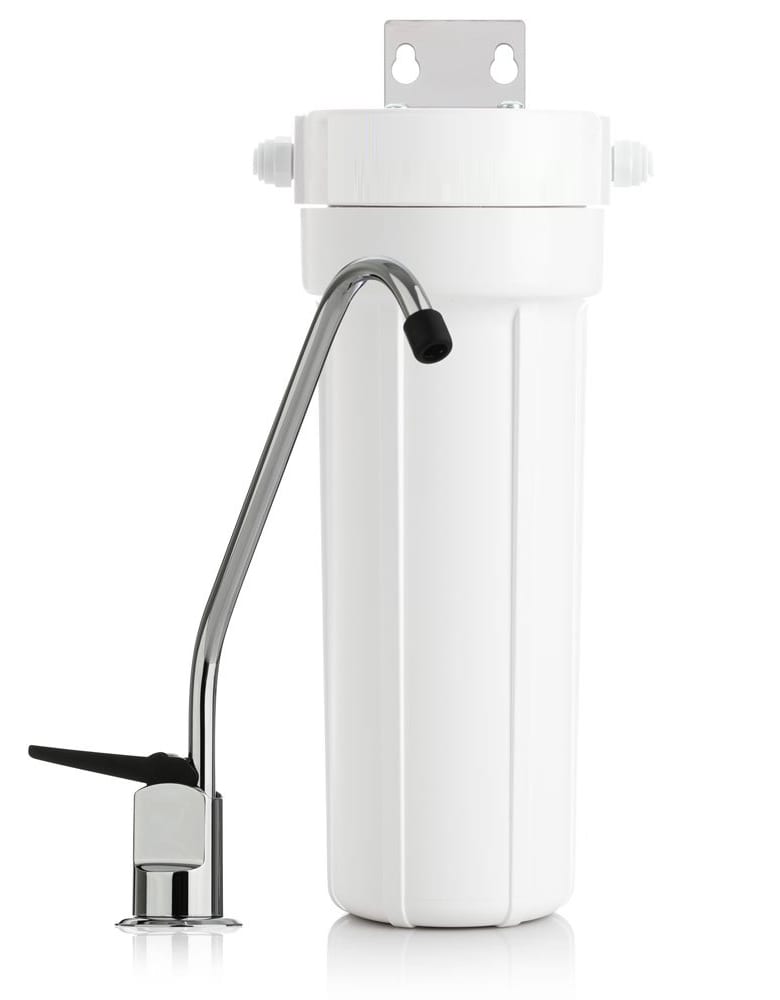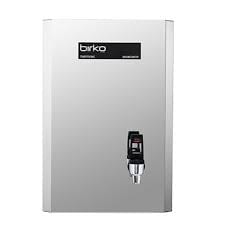Water Advocates at Wiki Spaces
SUMMARY OF RESULTS
In starting our journey to campaign for decreasing the consumption of bottled water, our goals and objectives were clear. We want to promote the principle of sustainable development and increase awareness regarding the harmful environmental and health effects of drinking bottled water. We decided to target University of Toronto as well as the Toronto public in our campaign by using new media tools, YouTube, Twitter, blogs, Facebook and a rally organized in downtown Toronto. By raising awareness regarding the negative impacts of bottled water, we hoped to provide alternative solutions so people will not only be aware of the effects, but have other alternative methods of drinking water, so we can manage for future generations- because as we all know and have come to understand Water = life!!!
After thorough research we can conclude that bottled water is energy consuming, harmful to the environment in that it contributes to landfills and incineration releasing toxic chemicals in the atmosphere. In addition, storage in plastic bottles causes cancer and the water itself is not often a renewable resource, running out of water is evidently a global issue on the rise. In the first step to raising awareness, we conducted surveys to see how many people within our target audience drink bottled water and how many of those people were actually willing to use alternative methods. On our surveys, we asked people if they were aware of the causes, did they know that by drinking bottled water they were contributing to the extraction of water from reservoirs that take centuries to replenish, contamination of groundwater with chemicals seeping into the ground through extraction, the negative environmental processes of production and disposal, risking their health by drinking water that has been stored in plastic, deceiving themselves into thinking bottled water is healthier than tap water, harming current and future generations by polluting and not preserving resources needed for their survival-opposing the guiding principle of sustainable development, and contributing to the profit of Multinational corporations that illegitimately extract the water resources of developing countries for free. All these questions helped us find out how knowledgeable our audience are about issues regarding bottled water.
Our measurements and survey statistics showed us that 68% of our survey demographic answered “yes” to drinking bottled water. Out of this percentage of people, 62% of the people said they knew that by drinking bottled water, they also knew that the extraction of bottled water from reservoirs takes thousands of years to replenish and 81% said that knew that they would be risking their health by drinking water that has been stored in plastic. Out of the people who said yes to drinking bottled, 73% agreed to continue drinking bottled water.
Out of the people who answered “yes” to drinking bottled water, 69% of the people said they were aware that they were deceiving themselves into thinking bottled water is healthier than tap water and 80% of these people said they would continue to drink bottled water. Out of the people who drink bottled water and are aware that they are risking their health by drinking water that has been stored in plastic, 79% of the people said they would continue to drink bottled water. The underlying issues are that people who currently drink bottled water are aware in some ways of the negative impacts but continue to consume bottled water. Out of the people who drink bottled water and are aware that the extraction of water from reservoirs take centuries to replenish, 75% answered “yes” to continuing the consumption of bottled water. We can conclude that people who are aware of the issues mentioned above are not willing to change and prefer convenience of carrying plastic bottles over health and the arising issue of the decrease in global water resources.
For the people who answered “yes” to drinking bottled water, 58% said that by drinking bottled water they were unaware of the contamination of groundwater with chemicals seeping into the ground through extraction. Out of this percentage of people, only 30% they would discontinue the consumption of bottled water. Out of the people whom answered yes to drinking bottled water, 69% of the people answered “no”- that they did not know that they contributed to the profits of Multinational corporations that illegitimately extract the water resources of developing countries for free- 55% of these people said they would continue their consumption of bottled water. Out of the people who answered yes to drinking bottled water, 54% said they did not know that their activity led to harming current and future generations by polluting and not preserving resources needed for their survival-opposing the guiding principle of sustainable development and even out of this fraction of people, 90% said “yes” to continue purchasing and consuming bottled water. We can conclude that even though people were not aware of the unethical issues regarding their consumption of bottled water, they will continue to drink bottled water regardless of being aware or not.
Although it is obvious that the nature of the survey contains bias, our survey result is one that is proven by real life observances. The issues regarding bottled water are becoming more common and people are becoming aware. However, the structure of our daily lives requires convenience and that is why people choose to ignore the signs and facts. Although people may agree and disagree with the facts or may be aware, their consumption of bottled water may decrease in moderation, however it will never be eliminated. Our survey took the approach of gathering data as well as providing people with knowledge about the issues so that they are becoming aware as they are completing the survey. In identifying that people are generally not willing to change regardless, we proposed solutions in this campaign and sought methods that would not require a great lifestyle change but will make a big impact regardless. We continued our journey by attending the Brita campaign against bottled water event during Earth Hour. “One Brita filter replaces 300 bottles.” (Brita, 2009) We were too amazed to see the turnout of people at the event. When we researched Brita’s products, we found that Brita filter cartridges are made of plastic that is non-biodegradable. After confronting Brita of this shocking fact, Brita filter promoters answered that Brita will introduce a recycling program that will allow the filters to be recycled- as of April 2009. We did not become hopeless that a company giant like Brita deemed hypocritical of their own company objectives, instead we explored further.
We held a rally the next day and the amazing turnout proved that Facebook targets a wide demographic and that digital innovation really does transform cultures. We individuals paused our individual self- interests and become one unit representing one purpose and one objective.
Our proposed solution for bottled water is tap water. Research has proven that tap water is more safer than bottled water. Bottled water testing is conducted by the companies themselves and the results are often not provided to the general public and when they are, they are always doubted to be truthful. Tap water is free -as water should be- and we realized through feedback by our campaign supporters that our promotion of this alternative resource requires convenience to compete with the popular on-demand bottled water.
Glass bottles accompanying tap water is the best solution to all the problems surrounding bottled water. Drinking tap water in glass bottles will not only help preserve fresh water reservoirs, reduce disposal issues of plastic bottles, reduce health risks concerning plastic bottles, but it will also contribute to the idea of sustainable development in that people will not be purchasing bottled water and not supporting corporations that practice unethical standards. Drinking water in a sustainable manner says no to water privatization and yes to social equity. Local water is a global issue and it is our time to make a difference and help manage water supply for future generations. “This is our revolution, this is our war. A line has been crossed, as water becomes a commodity. Will we survive?” – Maude Barlow
Source: http://wateradvocates.wikispaces.com/Summary+of+Results





